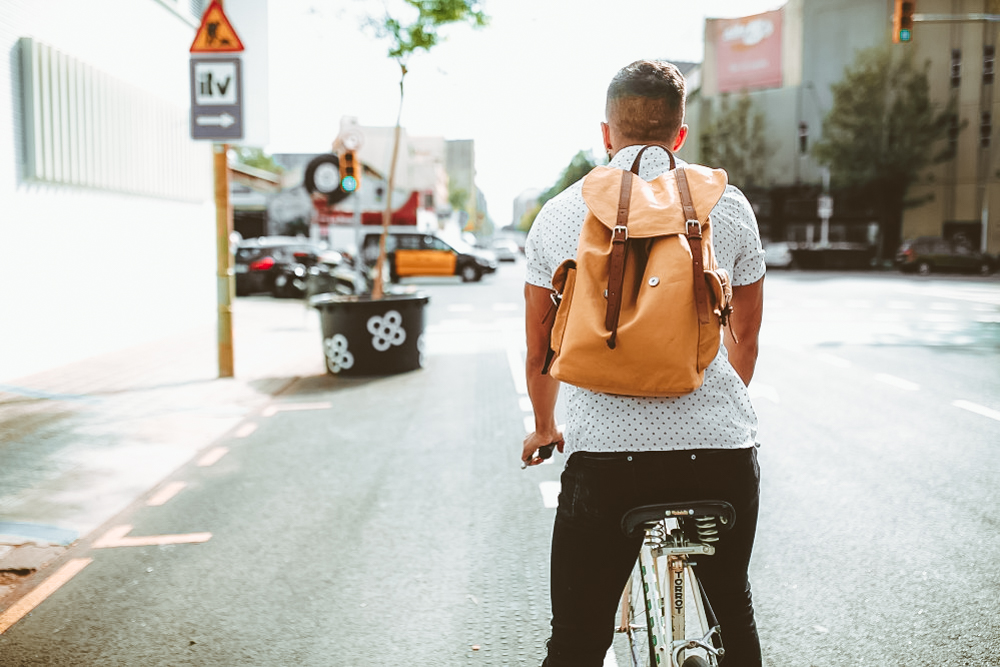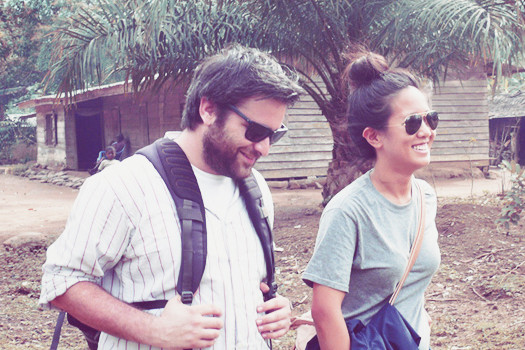The Future of Sustainable Travel: Post Pandemic

Photo by Vera Harley
Since the beginning of 2020, we have experienced wildfires across Australia, and widespread flooding across the United Kingdom, China, and India. Within the United States, we’re experiencing the second-worst drought in the west within the past few centuries. Our cities are experiencing a new climate reality.
Did you know that the transportation sector contributes to one of the fastest-growing sources of global emissions that is causing our new reality? You may be wondering, how does transportation contribute to this global issue?
The answer lies in our travel habits. Today, people and goods are moving faster and further than ever before. However, all of this movement comes at a climate cost, especially with a growing global population. As the world got smaller, our global emissions went through the roof. Our transportation methods have led to “72% of global transport emissions come from road vehicles.”
Through Mashable’s Social Good 2020 Series, we virtually sat down with sustainability experts to learn more about the issues at hand and how we can do better, as cities and as individuals. As transportation accounts for a large percent towards global warming, we can start by becoming more eco-conscious travelers and build better habits now and into the future, post-pandemic. We were joined by activist Ashley Renee, NYC Mayor’s Office of Sustainability, Director Mark Chambers, and Dr. Lucy Mahoney of the C40 Climate Leadership Group and moderated by Sarah Kaufman, the Associate Director of the NYU Rudin Center for Transportation.
COVID-19 (and the current backdrop of the social justice moment) has given individuals, cities, and countries a moment to pause and build back sustainably. The existing infrastructure of cities was built around cars. While cars may bring us convenience, their energy source is a detrimental cause to the environment.
However, in the past few months, we started to see how cities are boldly moving forward and recreating spaces for people. As a leading example, Paris has revitalized its’ streets for pedestrians, and turned parking spaces into cycle lanes, squeezing motorists out of public spaces. They also created an online app for local businesses. Each week, local businesses apply to reclaim parking spaces and the streets to set up their outdoor restaurants (as indoor dining remains prohibitive). This has helped the street’s vibrancy showing how people can support a green economic recovery within cities.
As cities play their part through new initiatives and policies, individuals will need to play a larger role. Our actions can make a lasting impact on the environment, and the first place we can begin is by looking at our travel habits (and not just with transportation). Some of the ways that we can start include:
Becoming active participants in creating a greener future benefit all. One act can make a difference, and when we all take action, we can collectively create change. However, this is the first step to combating the climate crisis, as these actions will need to go hand-in-hand with policy.
STAY CONNECTED
Sign-up for The Collective—bringing you stories on culture, people, and community.



